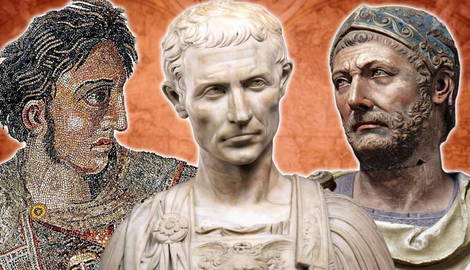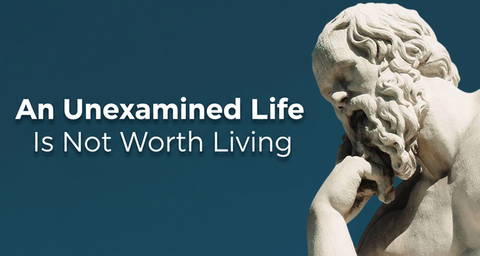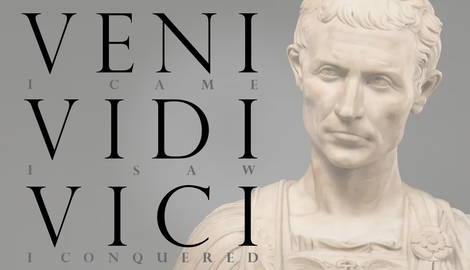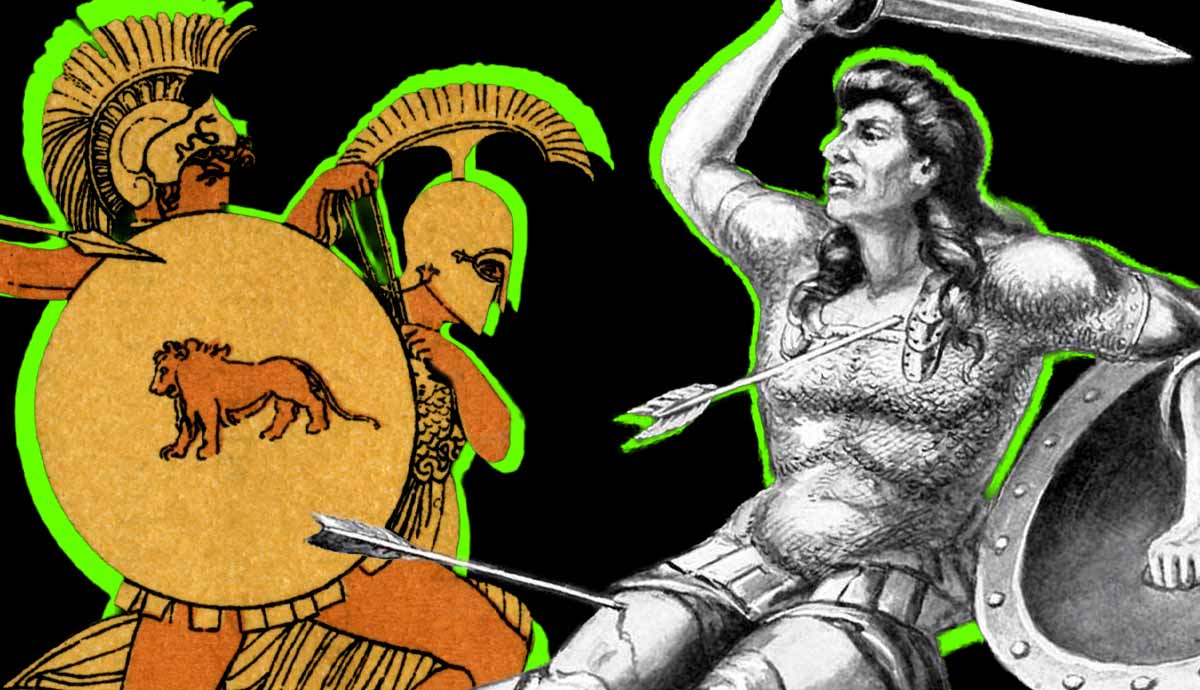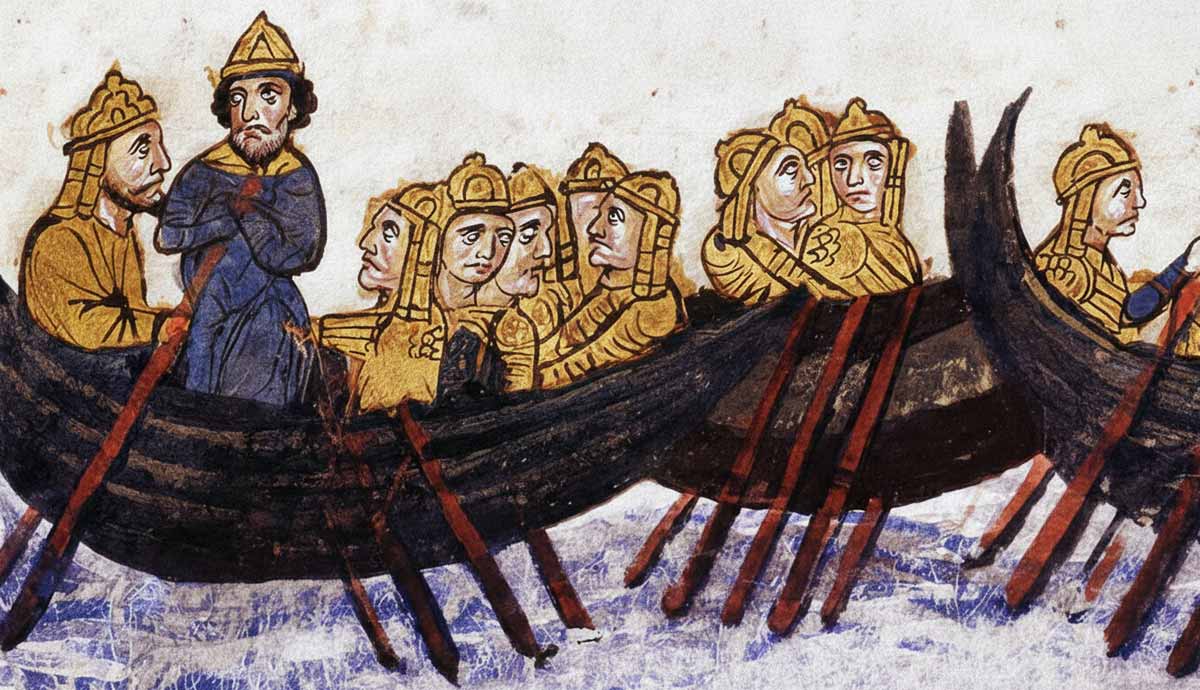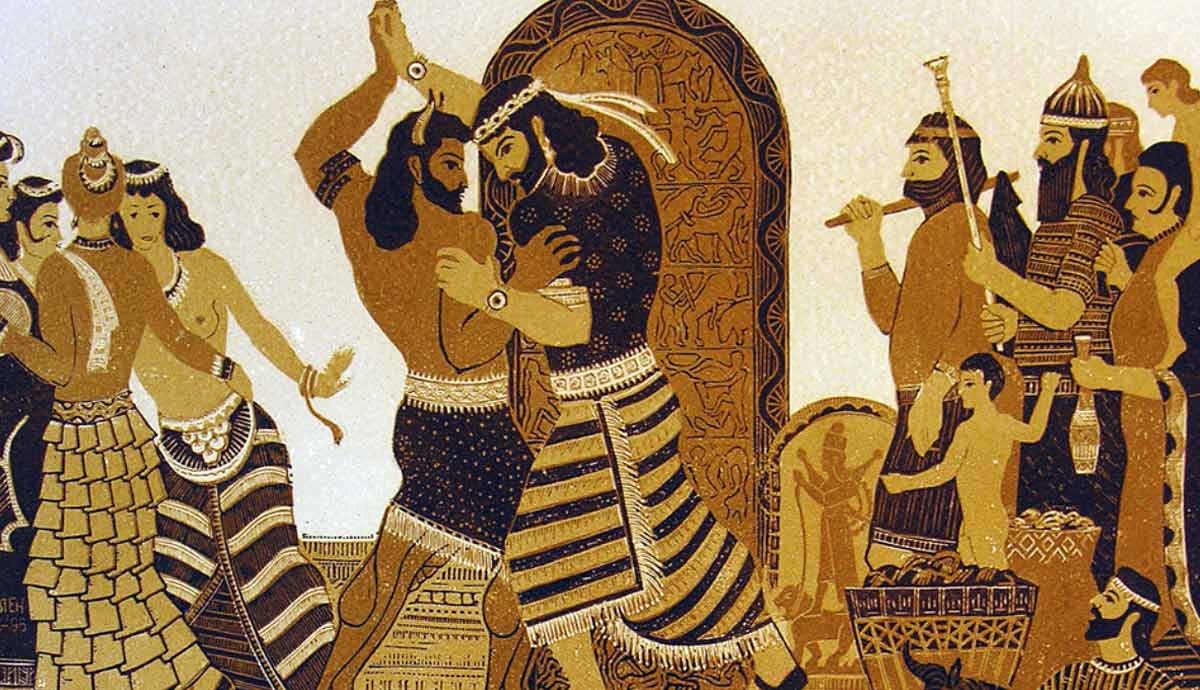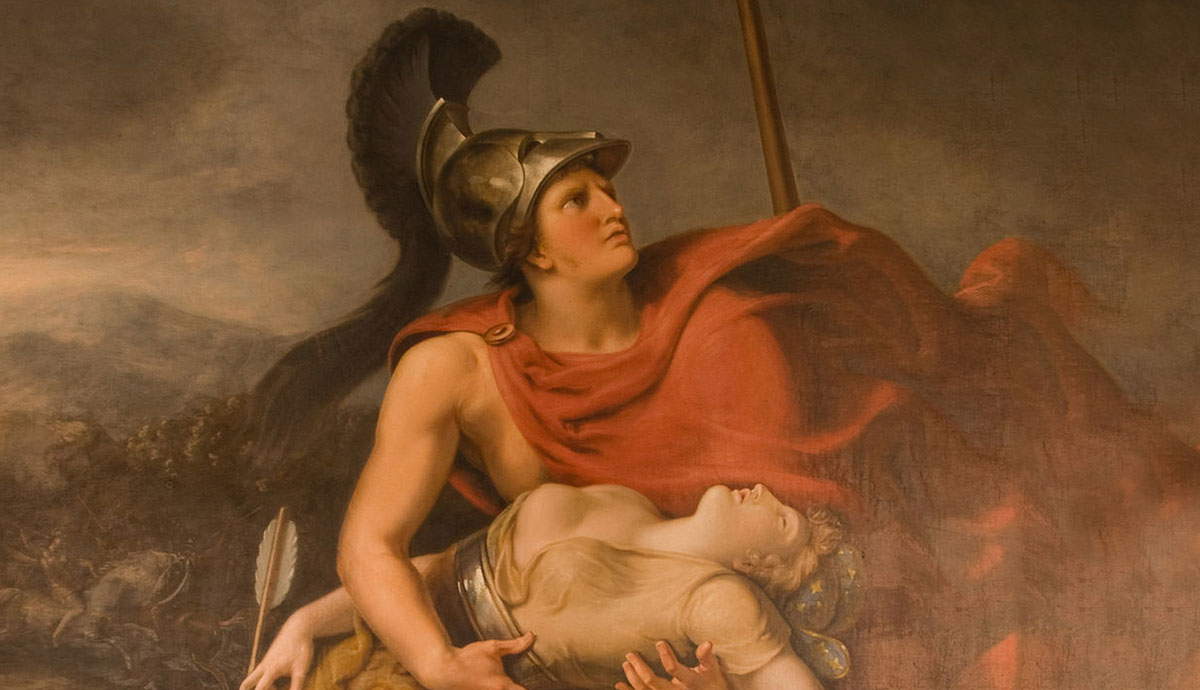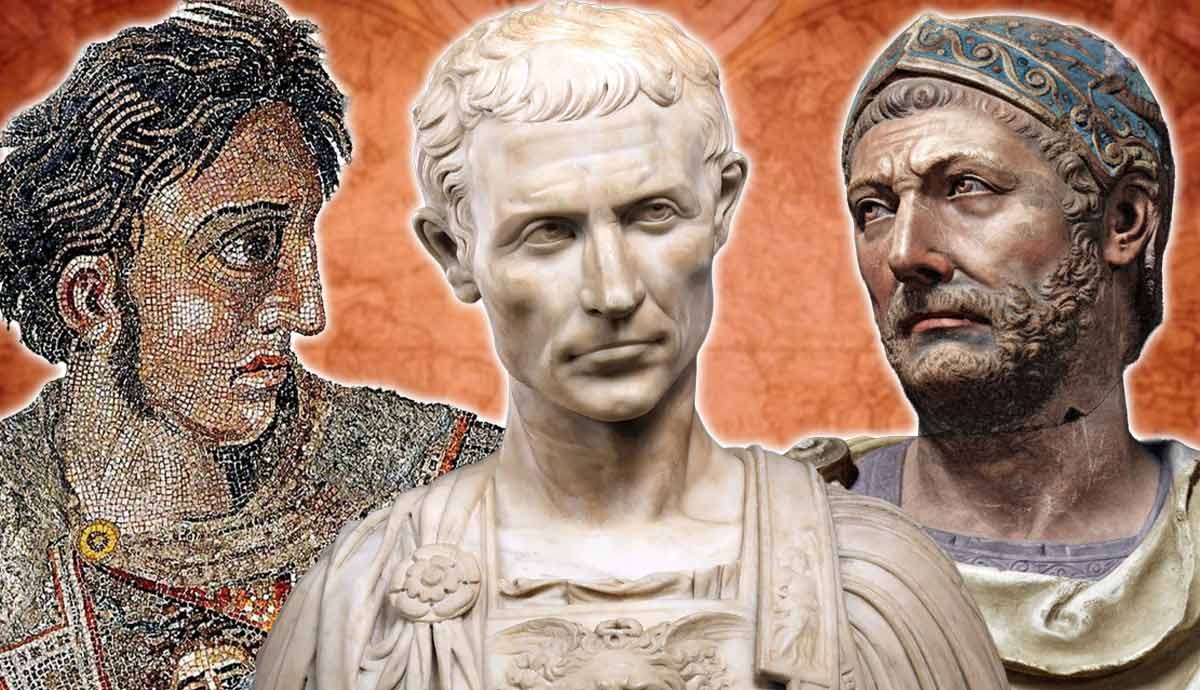
Ancient history offers us more than just stories of empires and battles. It also reveals people who shaped our world through their thoughts, actions, and words. Some of them have been immortalized for millennia due to their powerful messages about the world and life. Some quotes by some famous figures can be traced to specific moments when a critical decision or a groundbreaking discovery was made that changed the course of human history. The following are 5 such quotes.
Socrates: “An Unexamined Life Is Not Worth Living”
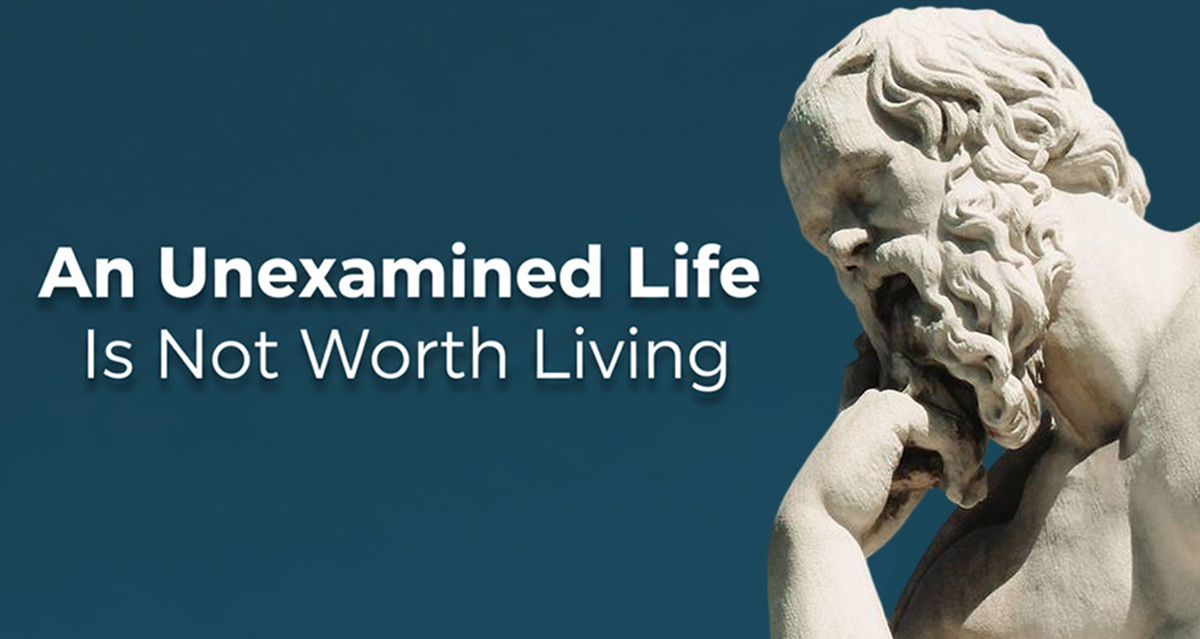
Socrates (470 BC – 399 BC), the Greek philosopher, declared “an unexamined life is not worth living” during his famous trial in Athens in 399 BC. The statement formed the core of his defense against charges of impiety and corrupting the city’s youth. Notably, Socrates spent his days in the Athenian agora and marketplaces questioning people he met and challenging their beliefs about justice and virtue. As such, his declaration during the trial was a rejection of a life lived without critical thought or self-reflection. In the end, he was sentenced to death. His words were recorded by his student Plato. They inspired countless thinkers to question everything and to seek knowledge in order to find answers.
Julius Caesar: “I Came, I Saw, I Conquered”
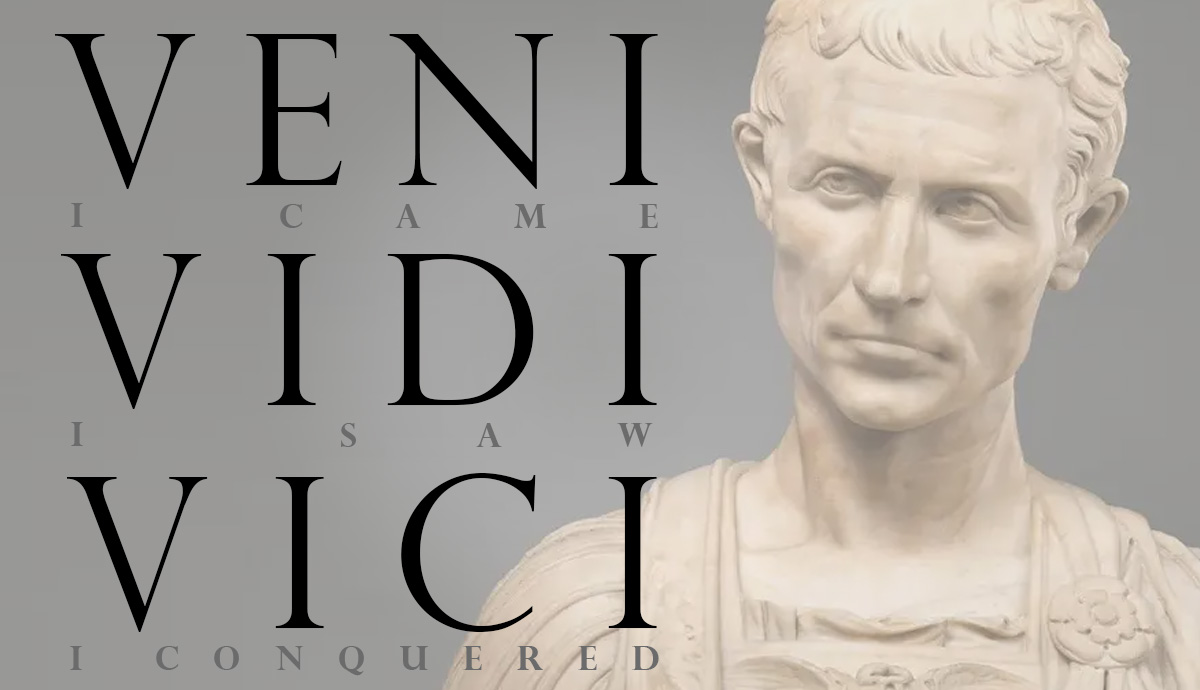
Roman general Julius Caesar (100 BC – 44 BC) famously sent the message “veni vidi vici” which translates to “I came, I saw, I conquered” to the Roman Senate in 47 BC after his swift and decisive victory at the Battle of Zela. In the battle that took place in modern-day Turkey, Caesar’s campaign against Pharnaces II of Pontus lasted only five days.
As such, the three-phrase summary perfectly captured the speed and overwhelming efficiency of his Roman legions as it described Caesar’s confidence, determination, and his genius as a commander. Since then, the phrase has been used widely to describe total success, especially in a statement relaying the final result of a well-executed plan.
Archimedes: “Eureka!”
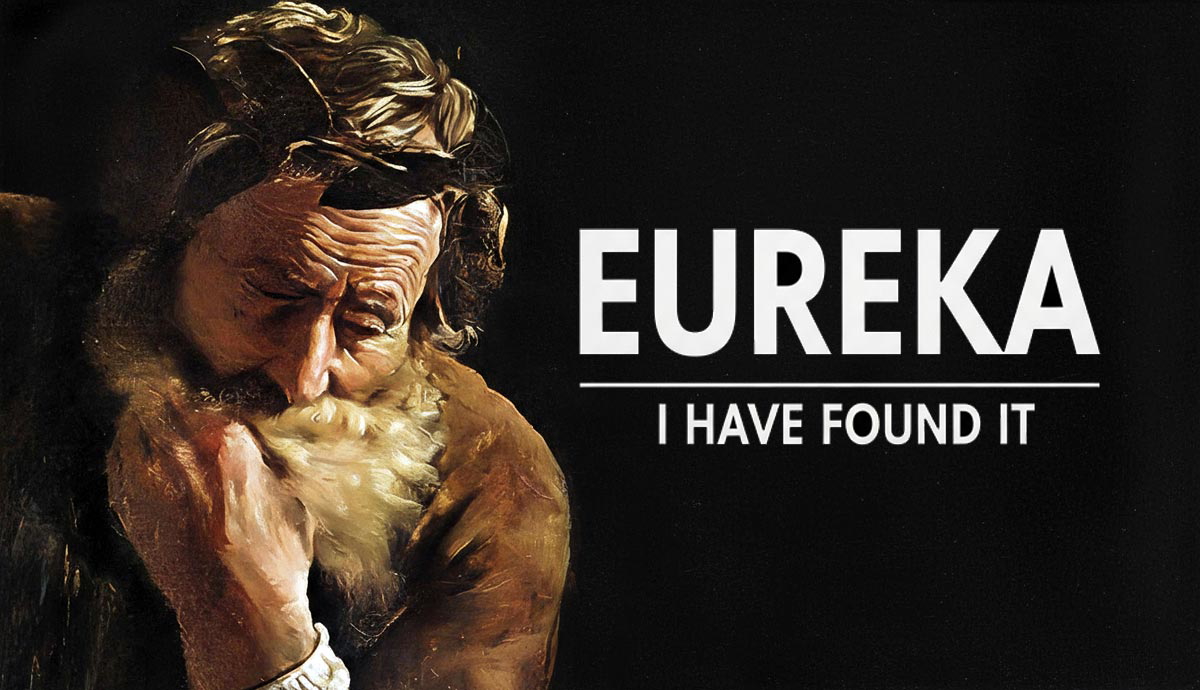
Archimedes of Syracuse (287 BC – 212 BC), the Greek mathematician and physicist, once allegedly shouted “Eureka”, a Greek word that means “I have found it.” The exclamation marked a moment of sudden scientific discovery. Before the outburst, King Hiero II had asked Archimedes to determine if his royal crown was made of pure gold without damaging it. Soon, the scientist found himself struggling with the problem. This was until he stepped into a bath and noticed the water level rise.
Archimedes concluded that the volume of the displaced water must be equal to the volume of his submerged body. It was by understanding the principle of buoyancy that he was able to measure the crown’s density and expose the goldsmith’s fraud. Since then, the word Eureka has been used to represent a moment of sudden discovery. Such moments are widely referred to as Eureka moments in modern contexts.
Alexander the Great: “I Am Not Afraid of an Army of Lions Led by a Sheep”
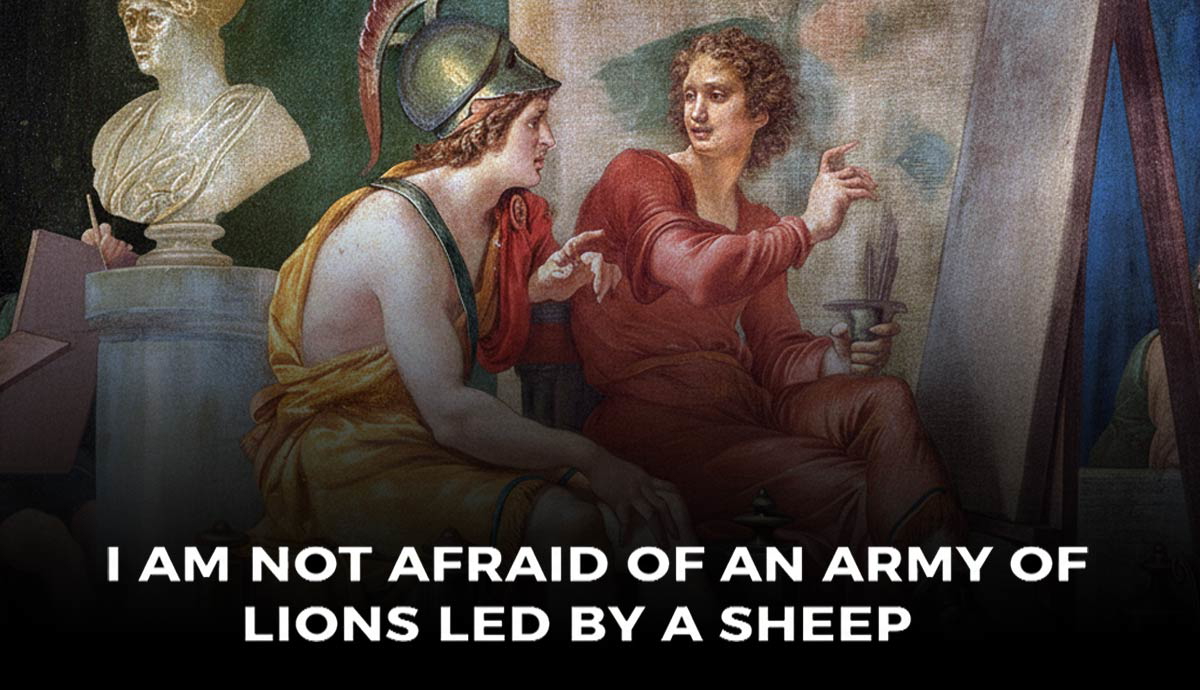
Macedonian king, Alexander the Great once said “I am not afraid of an army of lions led by a sheep, I am afraid of an army of sheep led by a lion.” This philosophy shaped his entire career. He reigned from 336 BC until his death in 323 BC. In that short period, he created a huge empire covering over five million square kilometers that spanned from Greece to northwestern India.
Alexander the Great’s achievements were founded on his personal courage and his sound military plans. He felt that one capable leader could make an ordinary army a successful one. He would personally lead his Companion Cavalry and charge directly at the enemy during battles. This happened in battles like Gaugamela in 331 BC. The shared danger built a powerful loyalty that turned his disciplined Macedonian army into a force that defeated much larger Persian forces.
Hannibal Barca: “I Will Either Find a Way or Make One”
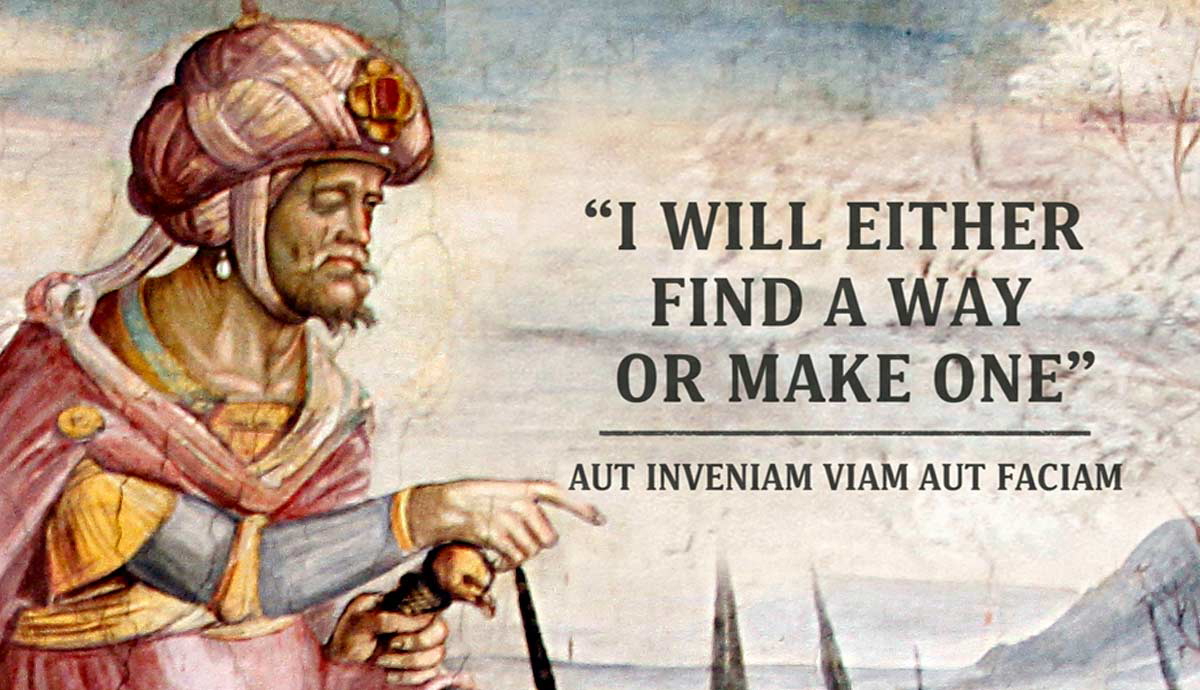
The Carthaginian general, Hannibal Barca (247 BC to 183 BC), an opponent of Rome operated by the motto “Aut inveniam viam aut faciam”, Latin for “I will either find a way or make one.” The phrase defined his military actions during the Second Punic War.
True to his motto, he marched his army which included dozens of war elephants across the Alps mountain range to invade Italy in 218 BC. At the time, the Romans didn’t believe that it could be done. The saying showed that high determination and a creative mindset could overcome obstacles. He was able to fight the Roman Republic on its own soil for more than fifteen years.
